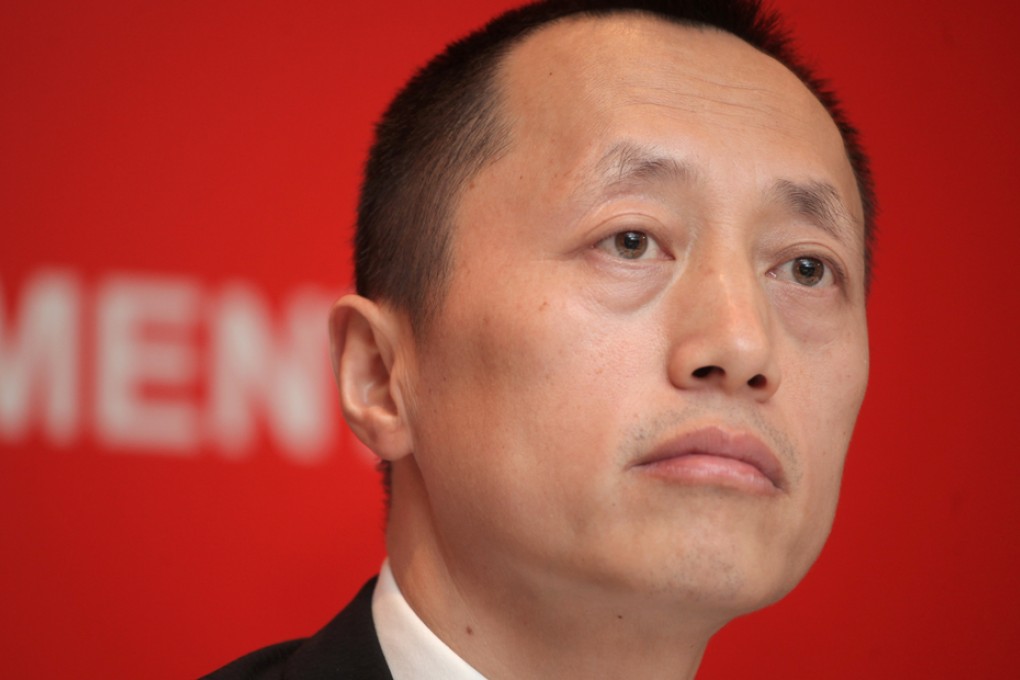Developer China Vanke promotes fun runs in belief healthy staff boosts sales
Mainland's largest homebuilder says its success is being boosted by 'run for fun' programme

China Vanke, the country's largest homebuilder by sales, is trying something no peers have done before - a "run for fun" - to sustain its leadership in the competitive industry.
Its sales exceeded the psychologically important level of 100 billion yuan (HK$127 billion) in 2010 and have since gone on to reach 160 billion yuan in the first 11 months of this year.
However, its peers are running close behind, and six are expected to break the 100 billion sales barrier this year - the Greenland Group, China Overseas Land & Investment, Poly Real Estate, Evergrande, Country Garden and Dalian Wanda Group.
"After sales hit 100 billion yuan, growth tends to ease down," said Vanke's chief executive, Yu Liang. "So we needed to challenge ourselves."
The challenge was successfully met and the group has added another 60 billion yuan to its annual sales in three years, which Yu attributed in part to corporate sports activities designed to integrate work and play as part of its corporate culture.
The activities help to improve efficiency as staff become healthier and happier, he said.